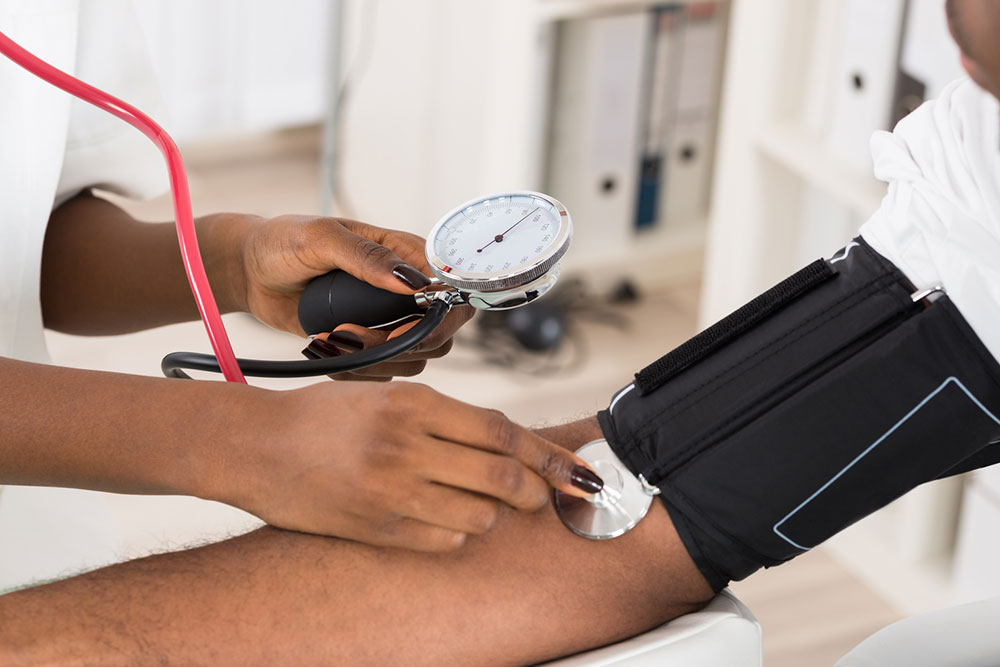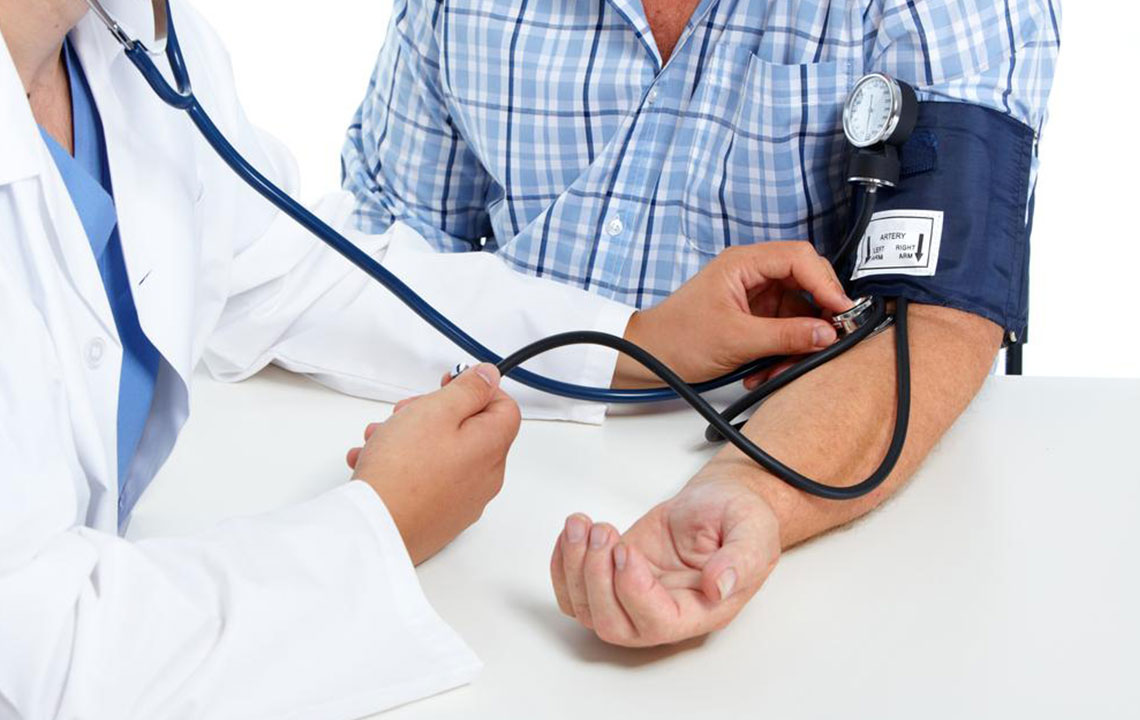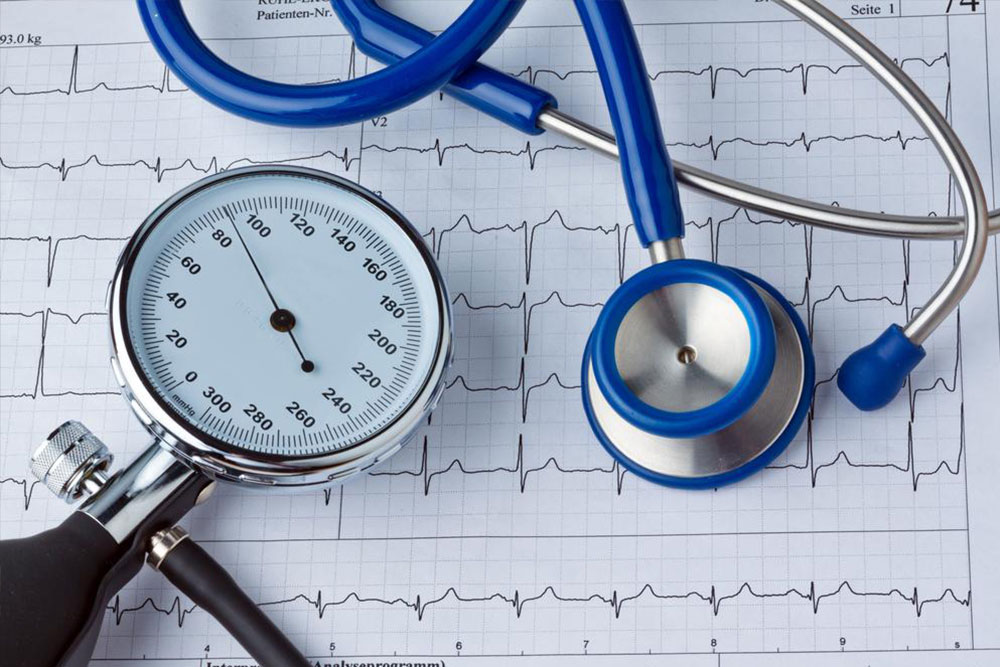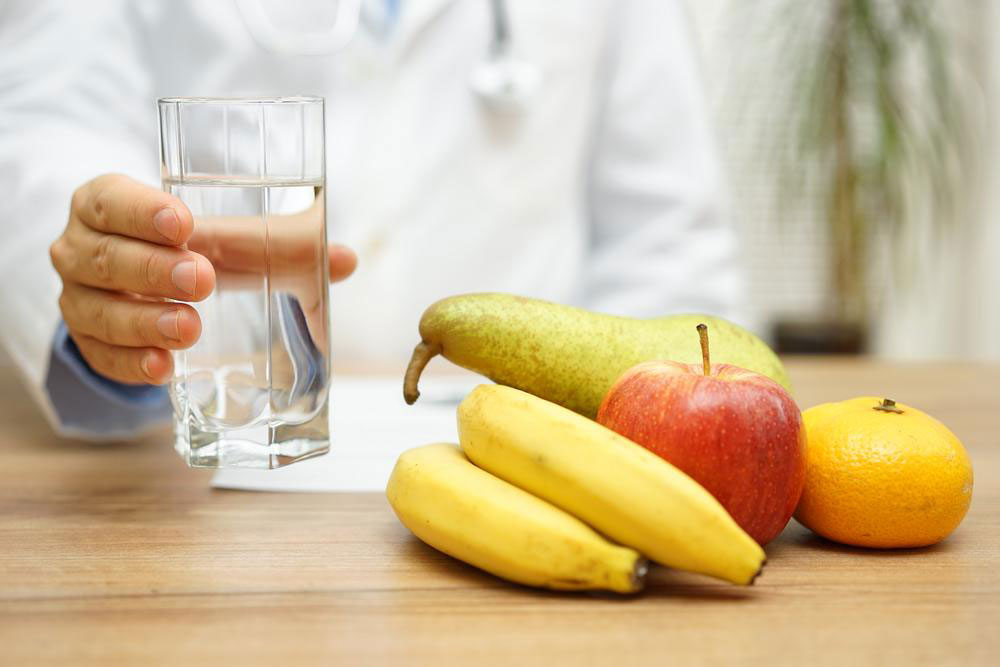Comprehensive Natural Approaches to Lower High Blood Pressure Effectively
Discover effective natural methods to lower high blood pressure through lifestyle changes such as diet, exercise, and stress management. Learn how simple adjustments can significantly reduce hypertension risks and improve overall cardiovascular health. This comprehensive guide provides practical tips based on the latest guidelines to help you manage hypertension safely and effectively, emphasizing natural strategies over medication whenever possible.

Comprehensive Natural Approaches to Lower High Blood Pressure Effectively
High blood pressure, medically known as hypertension, is a widespread health concern affecting millions worldwide. Recent data reveals that approximately 103 million people in the country are living with hypertension, and this number continues to grow. Between 2005 and 2015, the prevalence of hypertension increased by 38%, contributing to approximately 79,000 deaths annually. Recognizing and managing this condition is crucial for maintaining overall health and preventing severe health complications. Notably, the American Heart Association has recently revised its guidelines, defining hypertension as a blood pressure reading of 130/80 mm Hg or higher, a significant update from the traditional 140/90 mm Hg standard. This change underlines the importance of early detection and intervention. Understanding the causes behind high blood pressure is fundamental in developing effective natural strategies to control and reduce it.
What are the main factors contributing to high blood pressure?
While the exact causes of hypertension are complex and multifaceted, experts have identified several significant contributing factors that increase the risk of developing this condition:
Lack of physical activity and sedentary lifestyle
Obesity and excess body weight
Kidney function impairments
Hormonal imbalances involving thyroid, adrenal, and other glands
Excessive alcohol consumption—more than two drinks per day
High dietary salt intake, often from processed foods
Sleep disorders and inadequate rest
Presence of diabetes
Use of tobacco and smoking habits
Advancing age, especially over 65 years
Genetic or family history of hypertension
Health complications associated with unmanaged hypertension:
Elevated blood pressure exerts additional strain on your cardiovascular system and blood vessels, raising the risk of serious health problems such as:
Stroke and cerebrovascular incidents
Irregular heartbeat, known as arrhythmia
Heart attack or myocardial infarction
Vision impairment or loss due to damaged blood vessels in the eyes
Kidney failure and chronic kidney disease
Proven natural methods to lower high blood pressure: While pharmaceutical interventions are common, lifestyle modifications play a pivotal role in managing hypertension without medication. Incorporating natural strategies into your daily routine can significantly diminish the risks associated with high blood pressure. Here are effective, research-backed tips to help you lower your blood pressure naturally:
Regular physical activity
Engaging in at least 150 minutes of moderate exercise weekly—such as brisk walking, cycling, swimming, or aerobics—can reduce systolic and diastolic blood pressure by approximately 5-8 mm Hg. Consistent exercise improves vascular flexibility, strengthens the heart, and promotes overall cardiovascular health.
Achieving and maintaining a healthy weight
Excess weight, particularly abdominal obesity, significantly raises hypertension risk. Studies show that losing just 2 pounds (around 1 kilogram) can lower blood pressure by about 1 mm Hg. Strategies combining balanced diet and physical activity are most effective for weight management and blood pressure control.
Adoption of a nutrient-rich diet
The Dietary Approaches to Stop Hypertension (DASH) diet emphasizes fruits, vegetables, whole grains, lean proteins, and low-fat dairy products. Foods high in potassium—such as bananas, sweet potatoes, spinach, and beans—help balance sodium levels in the body and contribute to blood pressure reduction.
Reducing sodium intake
Processed foods, fast foods, and salty snacks are major contributors to excessive sodium consumption. Limiting daily salt intake to below 1500 mg and checking food labels can lower blood pressure by approximately 5-6 mm Hg. Seasoning meals with herbs, spices, lemon juice, and vinegar provides flavor without added salt.
Managing alcohol and caffeine consumption
Women should restrict alcohol intake to one standard drink per day, while men should limit it to two. Excessive alcohol can raise blood pressure and damage the heart. Similarly, reduce caffeine intake, especially if you experience blood pressure spikes after coffee or energy drinks.
Additional lifestyle modifications for hypertension management:
Quitting smoking
Tobacco use contributes to hardened arteries and increases blood pressure, heightening the risk of cardiovascular diseases. Quitting smoking significantly reduces these risks and improves overall vascular health.
Stress reduction techniques
Chronic stress can lead to elevated blood pressure levels over time. Incorporating stress management practices such as yoga, meditation, deep breathing exercises, and mindfulness can help maintain normal blood pressure levels and improve mental health.
Ensuring quality sleep
Sleep deprivation or disorders like sleep apnea are linked to hypertension. Prioritizing 7-8 hours of restful sleep and seeking medical advice for sleep issues can aid in better blood pressure control.
Limiting caffeine and stimulant use Stimulants can temporarily increase blood pressure, so moderation is key, especially for sensitive individuals.
Incorporating these natural, lifestyle-based strategies can empower you to take control of your blood pressure and lead a healthier, more energetic life. Remember, consistency is key in seeing long-term benefits from these healthful habits. Always consult with healthcare professionals before making significant changes, especially if you have existing health conditions or are on medication.





